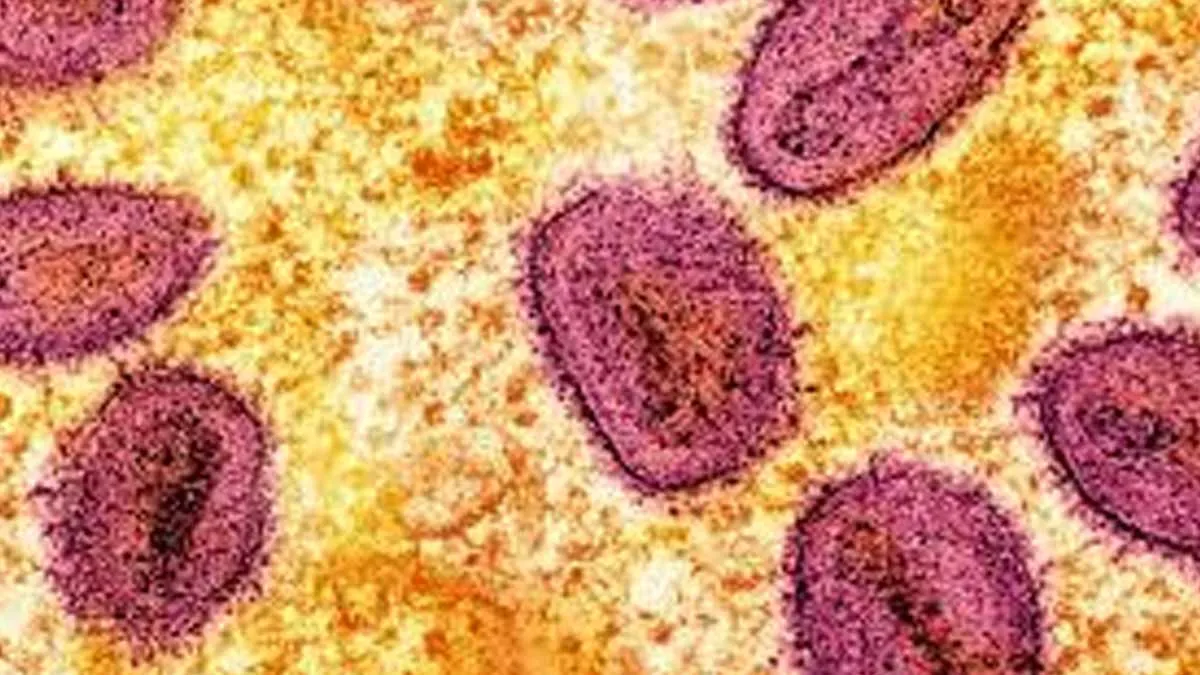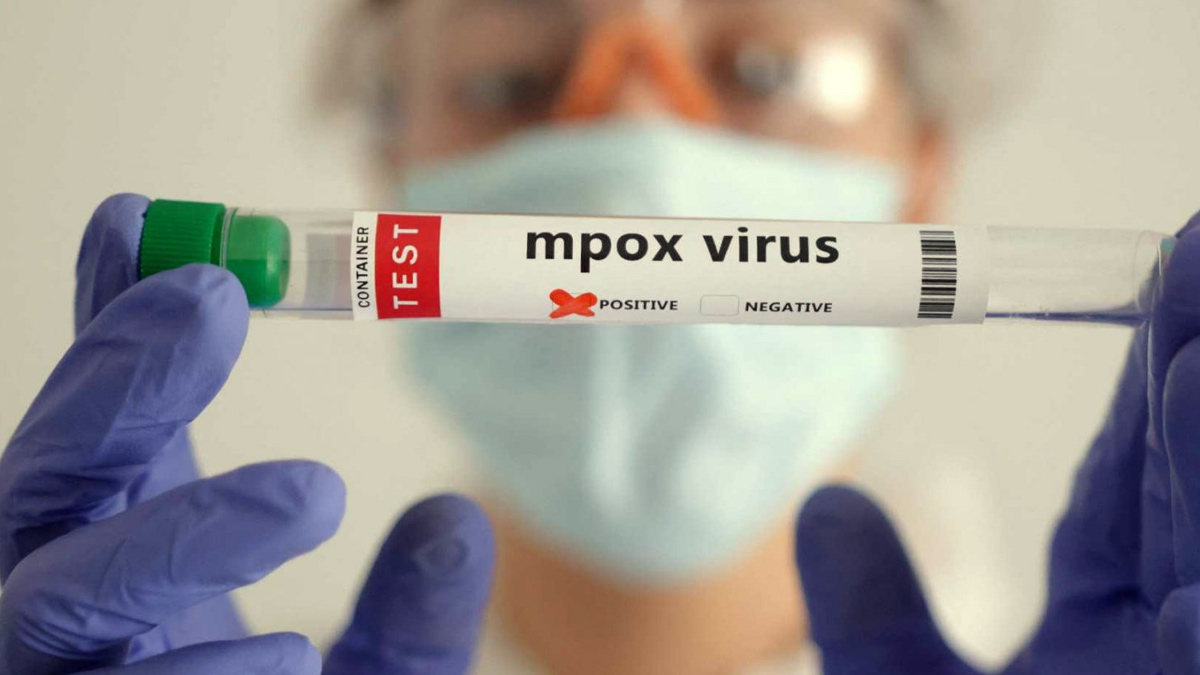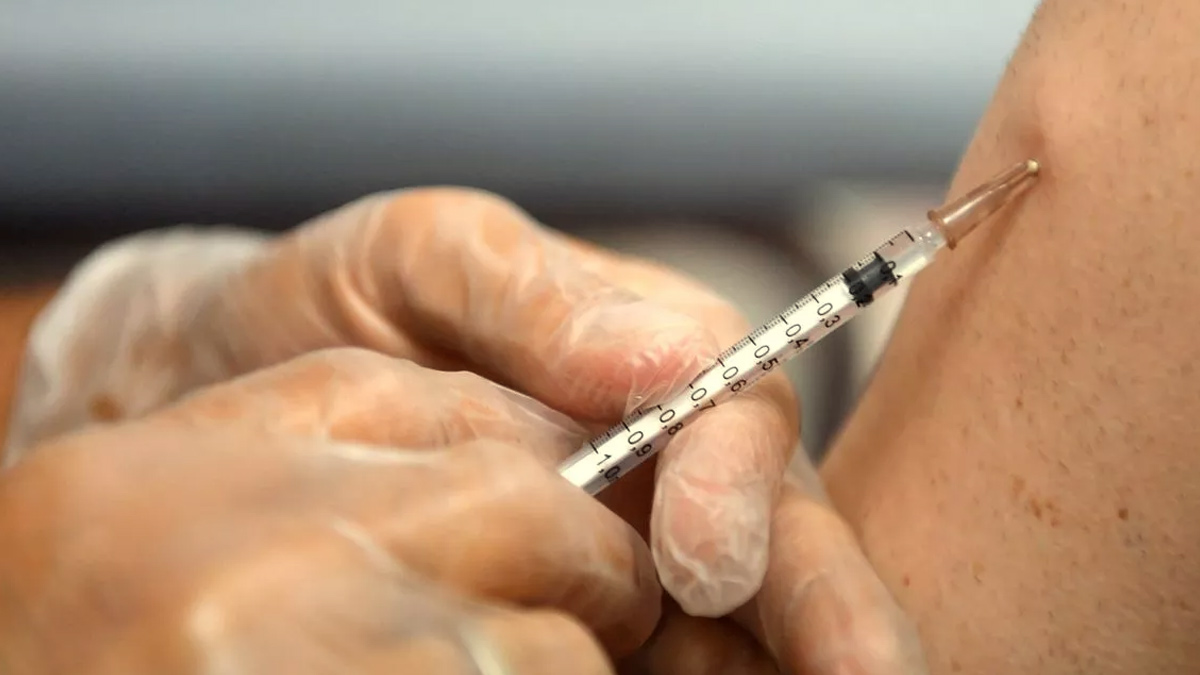
A new variant of Mpox, known as Clade 1b, has been making headlines as it spreads to countries outside Africa. France has recently joined the list of nations grappling with this new strain, marking its first reported case in the northwestern region of Brittany. This case has raised concerns among global health experts as the variant continues to expand its reach.
Table of Content:-
France Reports First Clade 1b Case
The first French case of the Clade 1b Mpox variant was confirmed in a hospital in Rennes. The patient, a woman with no history of travel to Central African countries where the virus is endemic, tested positive. However, reports suggest she had contact with two individuals who had recently returned from that region.
Health authorities in France have initiated an investigation to determine the infection's source and are actively tracing the patient’s contacts to contain the virus's spread. The emergence of this case underscores the variant’s ability to cross borders, potentially through asymptomatic carriers or indirect transmission pathways.

Countries Reporting Mpox in 2024
Other nations that have identified infections include:
- United Kingdom: At least 5 confirmed cases, with some linked to travel.
- Canada, Belgium, Sweden, Germany, Oman, India, Pakistan, Thailand, and the United States, each has reported at least one confirmed case.
These cases reflect the variant's global footprint and highlight the need for coordinated international efforts to monitor and mitigate its spread.
Also Read: US Vice President-Elect JD Vance Undergoes Sinus Surgery: Who Needs It and When?
What Is Clade 1b?
Mpox, previously known as monkeypox, is a zoonotic viral disease typically found in Central and West Africa. The Clade 1b variant, however, appears to have adapted to spread more efficiently outside its traditional regions. This adaptation could be due to genetic mutations, increased human mobility, or other factors.
Mpox is primarily transmitted through close contact with infected individuals, bodily fluids, or contaminated surfaces. Symptoms include fever, rash, swollen lymph nodes, and in severe cases, complications like secondary infections or respiratory distress.

Containing the Spread
The detection of Clade 1b in multiple non-African countries has prompted health authorities worldwide to step up surveillance and containment measures. Efforts include:
- Contact Tracing: Identifying and monitoring individuals who may have been exposed to the virus.
- Public Awareness Campaigns: Educating the public on symptoms, transmission methods, and prevention.
- Vaccination: Using existing Mpox vaccines in high-risk populations to prevent outbreaks.
In France, authorities are urging the public to remain vigilant, especially individuals who may have travelled to affected regions or been in contact with travellers.
Also Read: CDC Reports Major Spike In Human Cases Of Rabbit Fever In The Last Decade
Global Response and Challenges
The global health community faces significant challenges in addressing Clade 1b's spread. Limited vaccine availability, underreporting of cases, and varying healthcare capacities among countries complicate efforts to curb the variant’s reach.
Experts emphasise the importance of international cooperation in research and resource allocation. Understanding the genetic evolution of Clade 1b, as well as its transmission patterns, is crucial for developing effective containment strategies.
A Call for Vigilance
The emergence of Clade 1b Mpox cases outside Africa is a stark reminder of the interconnectedness of global health. The detection of this new variant in France and other countries highlights the urgent need for robust public health measures, increased awareness, and global collaboration.
As health authorities work to contain the virus, the public plays a critical role by staying informed and adhering to preventive measures. The fight against Mpox Clade 1b is a collective effort, and vigilance is key to preventing further spread.
Also watch this video
How we keep this article up to date:
We work with experts and keep a close eye on the latest in health and wellness. Whenever there is a new research or helpful information, we update our articles with accurate and useful advice.
Current Version